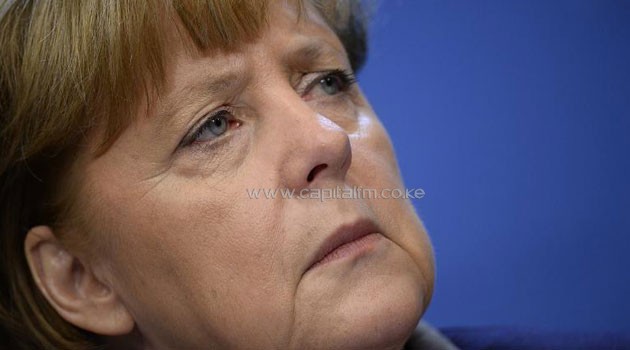A fixed minimum wage was the carrot which conservative Chancellor Angela Merkel dangled in front of centre-left Social Democrats (SPD) to woo them into a coalition that would win her a third term in power.
During her first two terms, Merkel’s conservatives had always favoured separate pay deals by industrial sector and region, arguing that a national minimum wage would harm many small and medium-sized businesses and could force them to lay off workers.
But the SPD was clear: it would only enter into a power-sharing deal if the conservatives agreed to the introduction of a fixed minimum wage of 8.50 euros ($11.80) per hour to help Germany’s growing army of working poor.
It was a proposal that went against the conservatives’ deeply ingrained belief that wages should ultimately be set by the markets.
So, while Labour Minister Andrea Nahles (SPD) and her team are now working flat out to draft legislation by next month, critics are pulling out all stops to limit what they see as the negative impact on the economy.
Given the popularity of a minimum wage among voters — more than 80 percent favoured it in polls in the run-up to the September election — the opponents no long paint the doomsday scenarios regularly evoked in the past.
Nevertheless, a minimum wage “will be a real brake on the labour market,” said the head of the BDA employers’ federation, Ingo Kramer.
He argued that such a restriction would price out of the market “the most vulnerable, such as the long-term unemployed or those who have never worked before”.










































